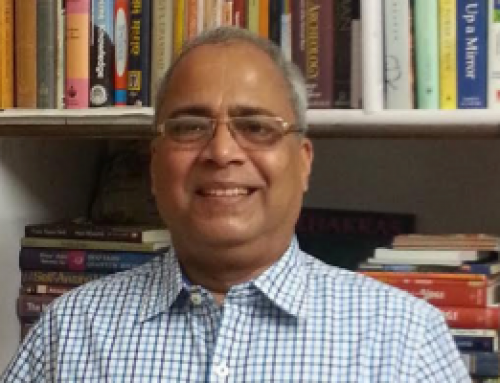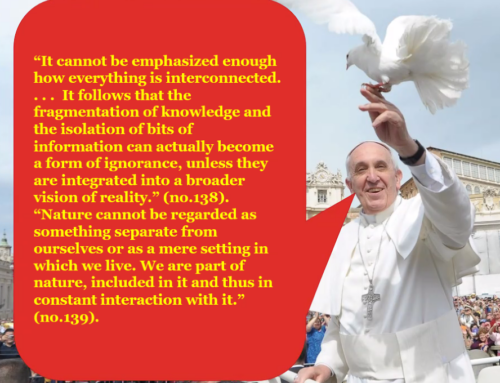Below is just a selection of names. For the full list visit the PSI encyclopedia.
Nobel Prizewinners
Henri Bergson (1859-1941), philosopher, 1927 Nobel Prize in Literature, president of the Society for Psychical Research and theoretician of psi.
Bjørnstjerne Bjørnson (1832-1910), 1903 Nobel Prize in Literature, wrote an article about a person said to be psychic.
Pearl S Buck (1892-1973), 1938 Nobel Prize in Literature, visited JB Rhine’s parapsychology meetings.
Nicholas Murray Butler (1862-1947), 1931 Nobel Prize in Peace, President of Columbia University, philosopher and diplomat, wrote about psi32 and helped organize the American Society for Psychical Research.
Alexis Carrel (1873-1944), 1912 Nobel Prize in Physiology or Medicine, discussed anomalous healing in a book.
Arthur Holly Compton (1892-1962), 1927 Nobel Prize in Physics, was supportive of psi in his correspondence with JB Rhine.
Marie Curie (1867-1934), 1903 Nobel Prize in Physics, 1911 Nobel Prize in Chemistry, participated in séances with Eusapia Palladino and wrote of the importance of research in parapsychology.
Pierre Curie (1859-1906), 1903 Nobel Prize in Physics, participated in séances with Eusapia Palladino and wrote of the importance of research in parapsychology.
John Eccles (1903-1997), 1963 Nobel Prize in Physiology or Medicine, edited a book discussing psi and participated in related conferences.
Albert Einstein (1879-1955), 1921 Nobel Prize in Physics, wrote the preface to a telepathy book38 and commented, ‘We have no right to rule out a priori the possibility of telepathy. For that the foundations of our science are too uncertain and incomplete.’
Brian Josephson (1940-), 1973 Nobel Prize in Physics, has written about psi and been a staunch advocate of psi research for decades.
Maurice Maeterlinck (1862-1949), 1911 Nobel Prize in Literature, wrote on ostensible psi phenomena.
Thomas Mann (1875-1955), 1929 Nobel Prize in Literature, attended and reported on séances.
Kary Banks Mullis (1944-), 1993 Nobel Prize in Chemistry, has participated in psi research and spoken in support of it.
Wolfgang Pauli (1900-1958), 1945 Nobel Prize in Physics, discussed with Carl Jung the notion of synchronicity and was believed, by himself and by colleagues, to have an interfering psychokinetic effect on machines.
Jean Perrin (1870-1942), 1926 Nobel Prize in Physics, was a member of the Institut Général Psychologique’s (IGP) Group of Study of Psychic Phenomena.
Max Planck (1858-1947), 1918 Nobel Prize in Physics and author of quantum theory, expressed his interest in psychical research in his correspondence.
Sully Prudhomme (1839- 1907), 1901 Nobel Prize in Literature, participated in the Société de Psychologie Physiologique’s committee for the study of telepathy.
Santiago Ramón y Cajal (1852-1934), 1906 Nobel Prize in Physiology or Medicine, researched hypnosis and psi phenomena and wrote a book about them (destroyed during the Spanish Civil War).
Charles Richet (1850-1935), 1913 Nobel Prize in Physiology or Medicine, founded the Annales des Sciences Psychiques, president of the Society for Psychical Research (1905), and of the Institut Métapsychique International (1923).
Albert Schweitzer (1875-1965), 1925 Nobel Prize in Peace, reported the paranormal phenomena he observed in Africa and remarked that he would like to carry out psi research.
Glenn Seaborg (1912-1999), 1951 Nobel Prize in Chemistry for the investigation of traunsuranium elements, co-wrote with Margaret Mead a praising statement about a book on parapsychology.
Aleksandr Solzhenitsyn (1908-2008), 1970 Nobel prizewinner in literature, mentions precognition as a fact in his work.
Otto Stern (1888-1969), 1943 Nobel Prize in Physics, is said to have banned Pauli from his lab, for fear that Pauli’s involuntary PK effect would interfere with the machinery there.
Eugene Wigner (1902-1995), 1963 Nobel Prize in Physics, encouraged research on physics and psi.
John William Strutt, Lord Rayleigh (1842-1919), 1904 Nobel Prize in Physics, president of the Society for Psychical Research.
JJ Thompson (1856-1940), 1906 Nobel Prize in Physics, member of the governing council of the Society for Psychical Research for 34 years.
Source: Cardeña, E. (2015). ‘Eminent People Interested in Psi’. Psi Encyclopedia. London: The Society for Psychical Research. <https://psi-encyclopedia.spr.ac.uk/articles/eminent-people-interested-psi>. Retrieved 13 April 2020.

